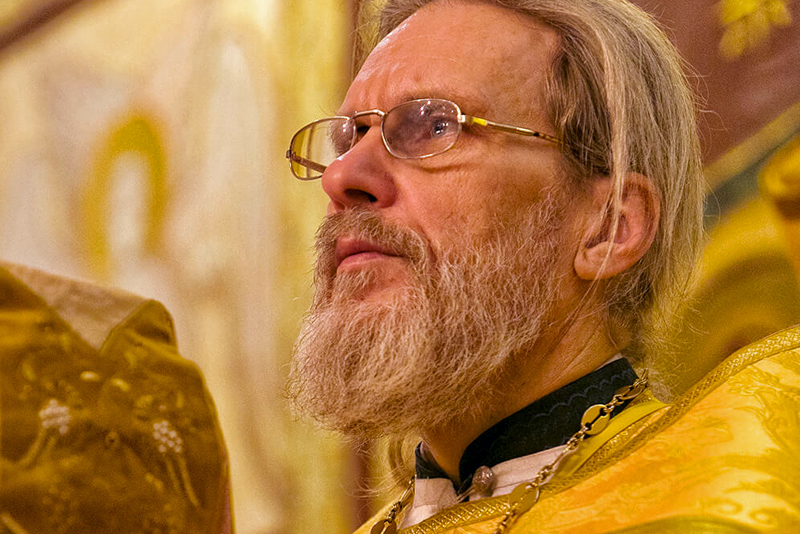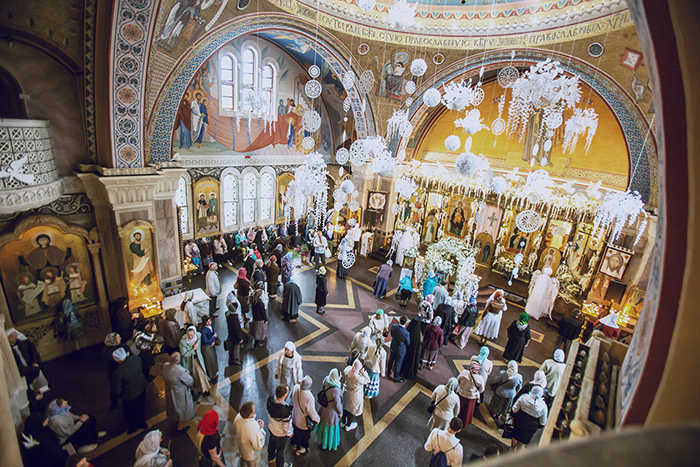
Q: Many eastern teachings allow their adherents to simultaneously follow other religious doctrines, including Christianity. Christians, on the other hand, flatly reject this possibility. Why such intolerance?
A: One of the most tolerant religious trends was classical ancient polytheism or, more simply, paganism, characteristic of the cultures and civilizations of the Ancient World. At the dawn of Christianity, the Roman pantheon included many foreign gods, revered in the countries, later becoming part of the Empire because of conquests. A foreigner in Rome could freely worship his native deity with one condition: refusing to honor the local Roman gods, as well as insulting remarks, blasphemous actions, or other signs of disrespect towards them was strictly forbidden. The Romans were afraid that gods might otherwise be offended and begin to take revenge not only on the blasphemers, but also on themselves, for allowing such wickedness.
Christ could easily “have joined the ranks” of the Roman gods if Christians had agreed in return to take part in a pagan cult. From the biographies of the early Christian martyrs, we learn that the tormentors demanded from the followers of Christ not so much to renounce Him, but to offer sacrifice to one or another pagan god, for example, the genius of the emperor, who occupied a key place in the system of the state religion of the Roman Empire. However, for Christians this was unacceptable. Showing respect and reverence for the earthly authorities, they flatly refused to obey the demands to share the religious beliefs of the pagans.
Why such intolerance? Why did Christianity reject religious “omnivorousness” in ancient times and continues to do it today? The fact is that Christianity is fundamentally different from other religions in that its main content and value is not some doctrine or a particular spiritual practice, but the Person of Jesus Christ – the true God and the perfect Man. In His own words, He is the way and the truth and the life (John 14:6) through which alone one can come to the Father (cf. John 14:6). This means that it is almost impossible to come to God without Christ. It is fair to say that since He is the way, truth and life, then outside of Him there is impassibility, lies and death.
Of course, many religious teachings known today contain elements that bring their followers closer to Christians. Among them is the faith in the One God and the Ten Commandments, shared by the followers of Abrahamic religions; the idea of uniting with God as the goal of our life (Hinduism); the idea of the spiritual state of a person as the basis of his perception of the world and the current events (Buddhism), etc. Pearls of truth are scattered everywhere, but Christians are sure that the fullness of revelation about God is given to humankind in Jesus Christ. We believe that each of us can inherit salvation from sin and death, through participation in the life of the Church, seen as the Body of Christ and led by the Lord and Savior Himself. Christianity declares that the religious search, occupying the minds before the Incarnation, is over. Now that we have the fullness of truth, what is the point of looking for it elsewhere? After all, you do not go searching for something that you already have.
In fairness, I must also add that none of the world’s religions, including Eastern cults, shares the idea of religious pluralism. Religion is a serious and responsible matter. It requires deep immersion, dedication, diligence, spiritual efforts and constancy. It is all but impossible to combine spiritual growth in one religious tradition with periodic “trips” to another. The idea of permissibility of simultaneously engaging in various spiritual practices arose quite recently. It is rather characteristic of the numerous religious movements of the New Age era with its inherent religious relativism, than of traditional religions.
Translated by The Catalogue of Good Deeds
Source: https://foma.ru/mozhno-li-hristianinu-ispolzovat-duhovnye-praktiki-i-jelementy-uchenija-drugih-religij.html




